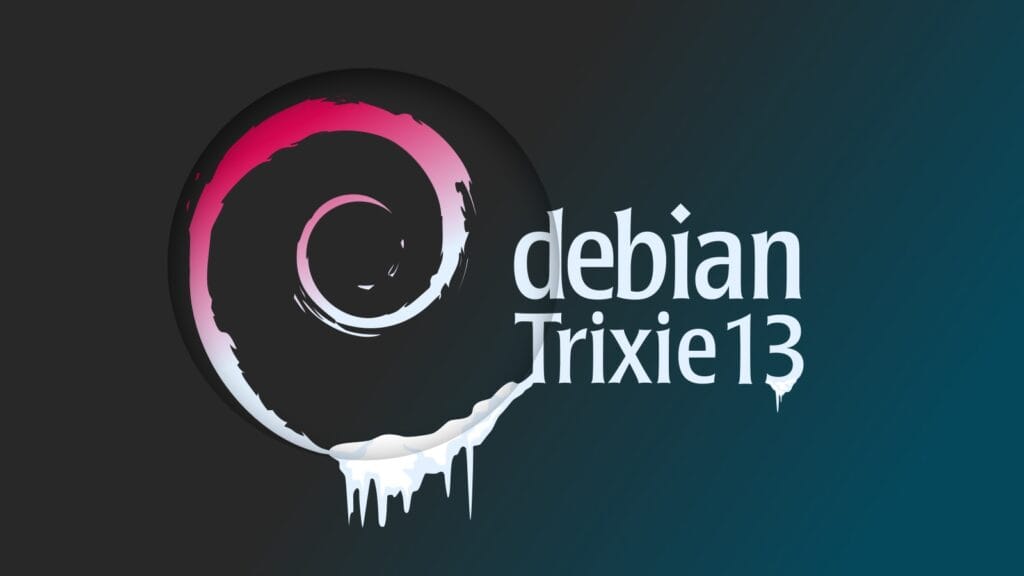This weekend has been a busy one for the Debian project. First, the Debian 13 installer hit the release candidate stage. Then came the 12.11 update for the “Bookworm” series.
And now, there’s yet another important update—the development team has officially moved “Trixie,” its upcoming Debian 13 release, into a “hard freeze” state as of May 17, 2025. In simple terms, this is the final stage before a new version of Debian is officially released.
Debian’s hard freeze typically lasts several weeks to a few months, depending on how quickly the release team can resolve any remaining critical issues. It ends when everything is stable and ready—that’s when the new Debian version officially launches.
Based on everything we’ve seen so far, while it’s still a bit speculative, it’s fair to say we can probably expect Debian 13 to land sometime in July.
During the hard freeze phase, strict guidelines now apply to package updates. At this point, the Debian team stops accepting most changes to the software included in the release—only very important fixes (like critical bugs or security issues) are allowed.
Moreover, key packages and those without thorough autopkgtest coverage will require explicit approval from Debian’s release team before migrating from the “unstable” branch to the “testing” branch.
In light of this, developers are reminded to carefully adhere to Debian’s freeze policy, submitting unblock requests through the recommended channels, notably the “reportbug” tool, to ensure compliance.
However, packages not designated as key packages, which boast robust autopkgtests passing across all architectures without regressions, will continue to migrate automatically after a 20-day period. Developers unsure about their package statuses are encouraged to consult Debian’s QA or package tracker tools.
It’s also critical to note that Debian’s release team emphasizes caution: packages exhibiting bugs can still be removed from Trixie during this freeze. Importantly, these packages won’t be permitted to return once removed.
Additionally, Debian calls on its community to help identify any lingering issues through extensive installation and upgrade testing, actively contributing to bug resolution efforts, particularly for key packages.
Last but not least, the project has officially confirmed architecture changes for Trixie: “mips64el” will no longer be supported, while “riscv64” is being introduced as a new release architecture.
For more information, see the announcement on Debian’s mailing list.

Ho, Hum. The last 3 or so releases of the venerable Debian have remained virtually unchanged. What’s to hope for in Debian 13 other than getting rid of their age-old semi-text based installer?
I never did like debian when I first started using linux years ago after trying it. The installer was rubbish compared to ubuntu and others. Since they seem to be political now I will never use or try them again.
Ol Mike the UI expert is so apolitical that she a allows the very lack of political ideology to guide her distro decisions. Yea…
I know they named it after a character from toy story but it sounds more like they named it after a prostitute.
Rob – intransitive verb
To take property from (a person) illegally by using or threatening to use violence or force; commit robbery upon.